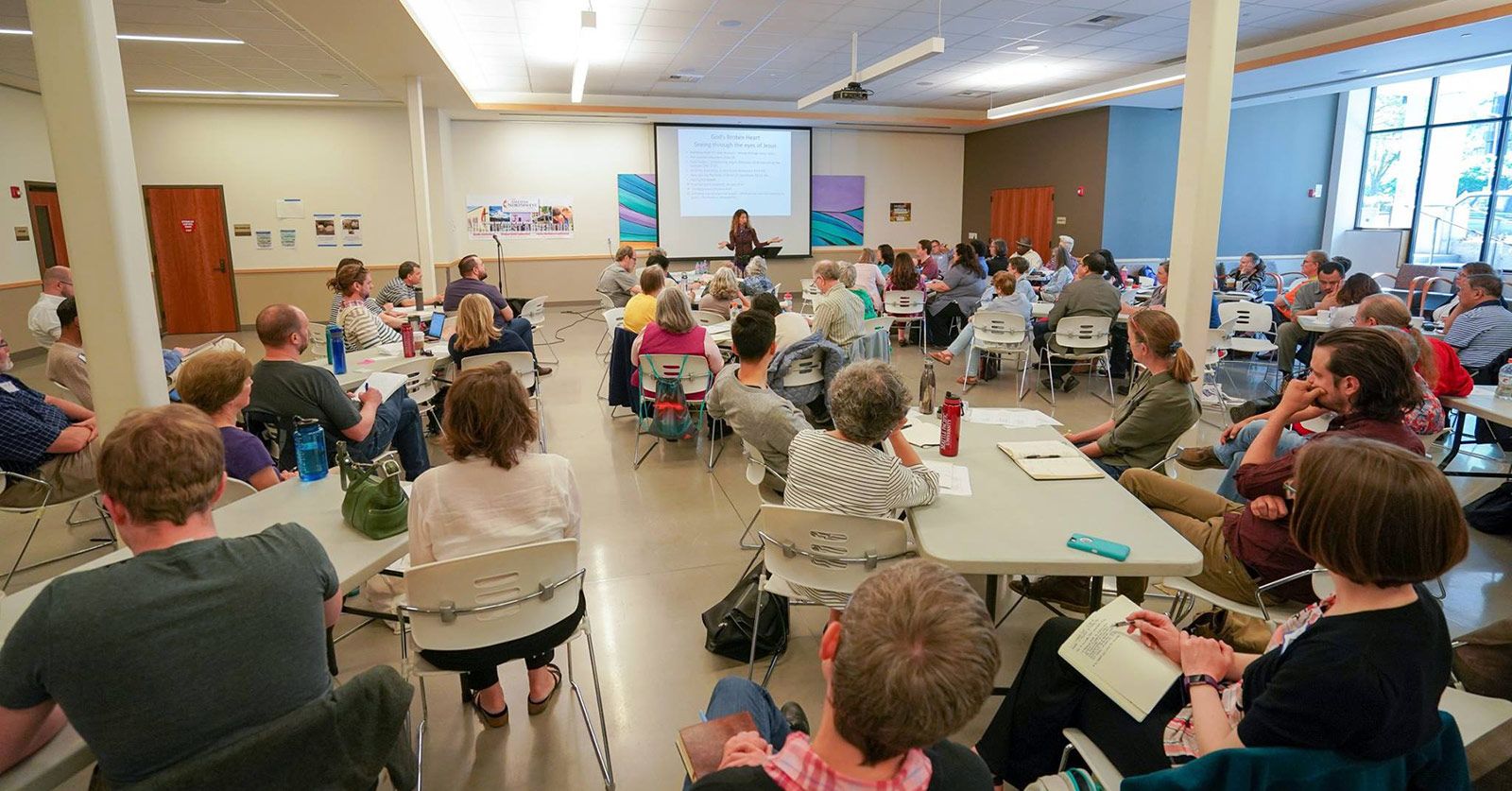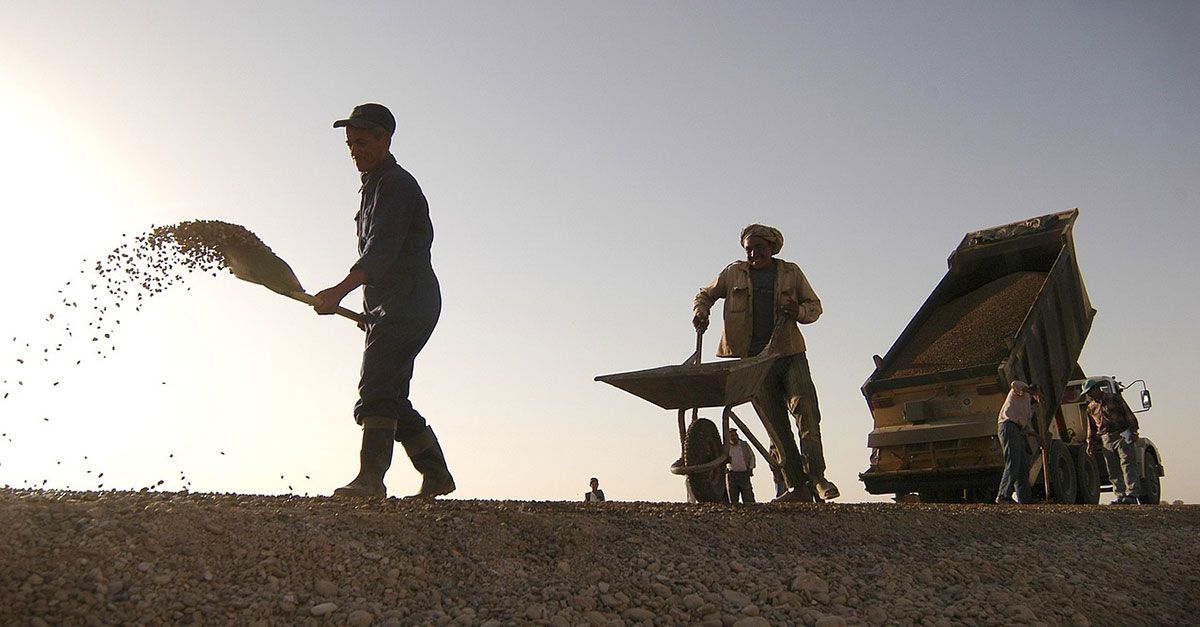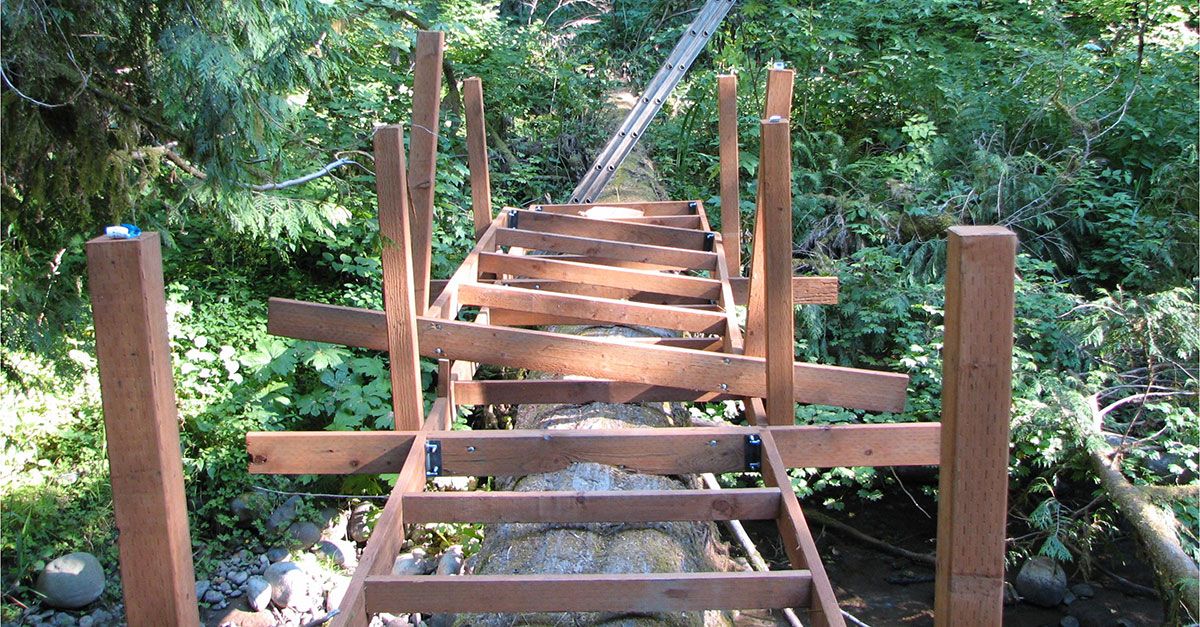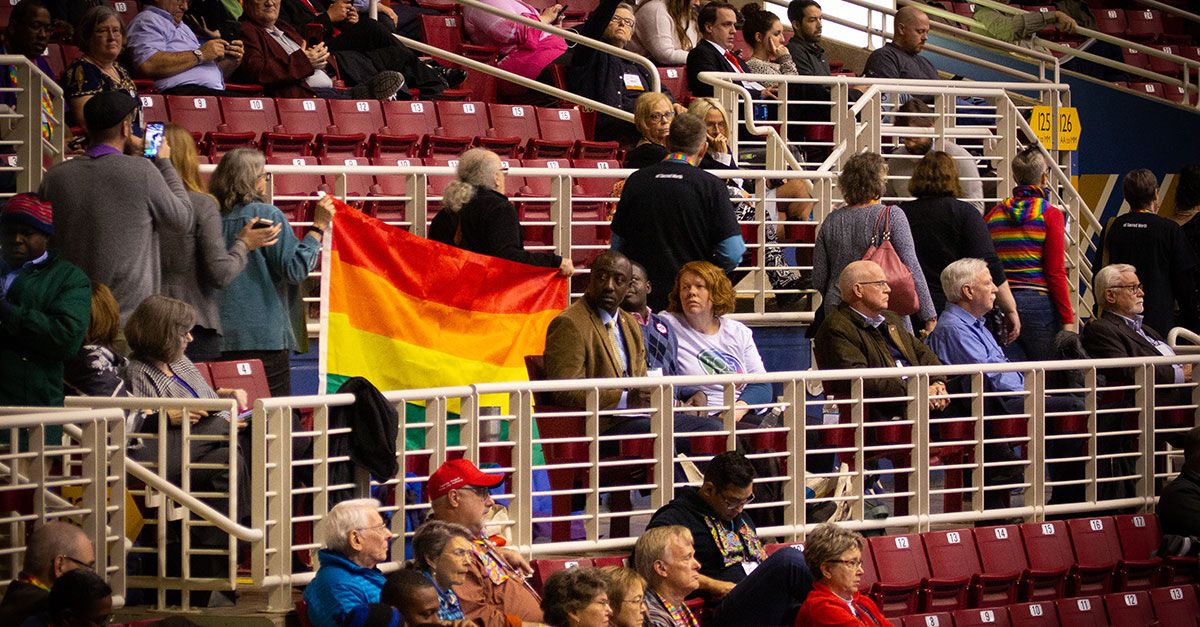Last Meals
CrossOver reflection for Holy Thursday • April 18, 2019
We Make the Road by Walking, Chapter 32a
Rev. John Tucker
One pizza, 16 chicken wings, macaroni and cheese, and a quart of ice cream. That is a lot of food. That list of food items serve as an example of the kinds of things some death row inmates order for their last meals. I discovered this years ago when preparing for a Holy Thursday service because I wanted to compare the last meals of modern-day criminals with the last meal of Jesus, who was also executed as a criminal.
I was astounded at the amount of food some of these condemned prisoners ordered for their last meals. I suppose it makes sense. If I felt like the world hated me; that it was that last chance I would have to get any enjoyment out of life; and that there were no real consequences, I might go all out too. This would be a meal all about me. I’d eat exactly what I wanted.

Contrast this attitude with what happens at Jesus’s last meal. Whether or not it was the Passover meal—it is in Matthew, Mark, and Luke and is one day earlier according to John’s calendar—it was an opportunity for Jesus to gather with his friends one last time for an all-out self-indulgent gluttony session. Why not? He certainly deserved it. Many in his world hated him. The religious establishment judged him. The Romans thought him treasonous at worst and inconsequential at best. He was becoming one of the “least of these” that he often spoke about.
As Brian McLaren points out, the Gospel of John barely focuses on the meal and spends all its time on the unusual actions of Jesus. It is almost as if he would rather serve his disciples than get the party he deserved. Think about the word deserve. In this context, it would mean that Jesus could de-serve (as in not serve) others so he could have the party that he deserved (placing his own needs above others). Of course, that is not the Jesus we know. The Jesus we know washed his disciples’ feet instead of insisting on his own pleasure.
The Jesus we know offered comfort at a time when he should have been the one receiving it.
Rev. John Tucker serves as Superintendent for the Crater Lake District in the Oregon-Idaho Annual Conference of The United Methodist Church.











